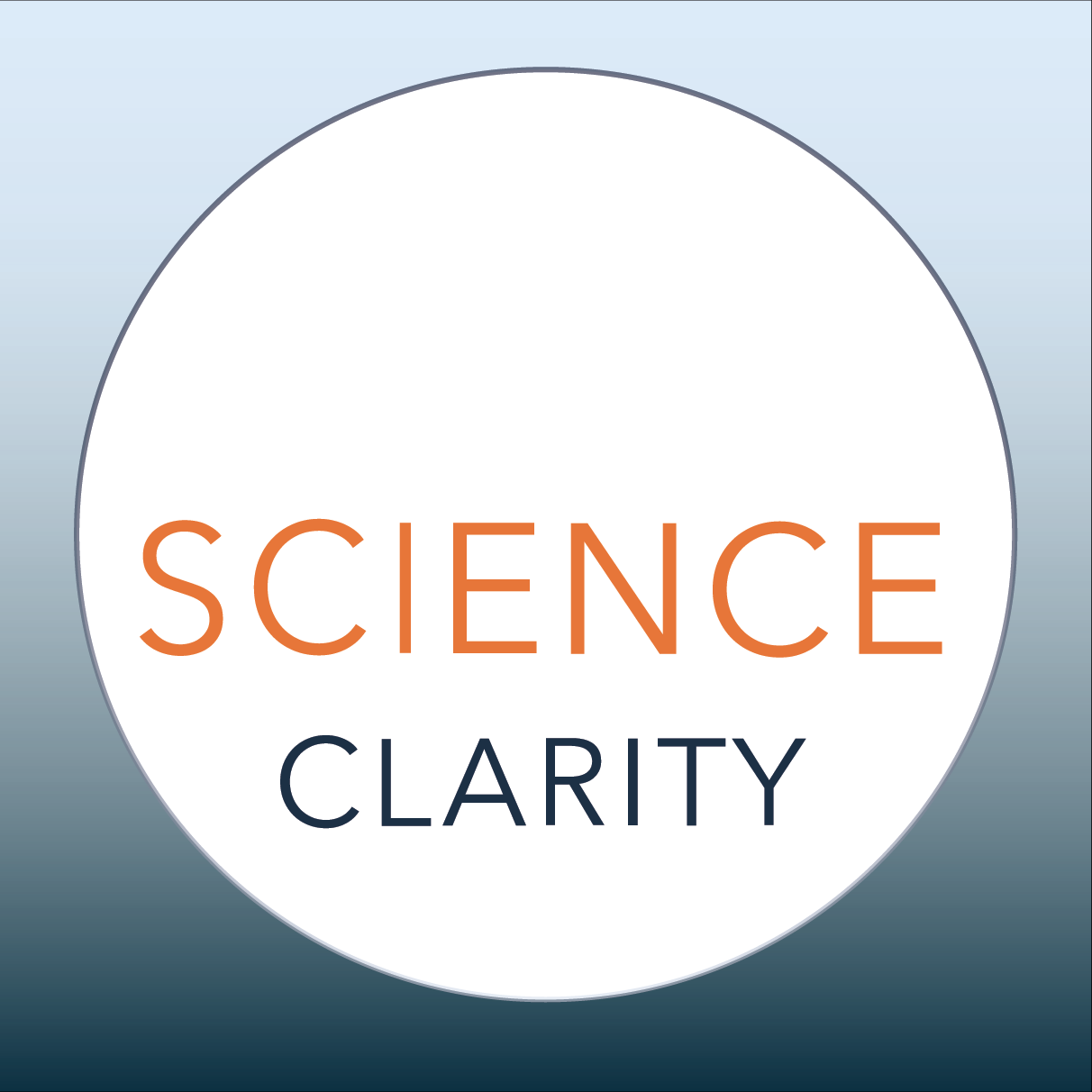James Carville, Bill Clinton’s 1992 US presidential campaign manager, knew that if the campaign presented too many messages, voters wouldn’t remember any of them. So he put a sign in their headquarters to keep staffers focused on the economy: “It’s the Economy, Stupid!”
Carville knew that simplicity and focus would be crucial to getting Clinton’s messages to stick in the minds of the American public.
We want our science to be remembered
I want you to remember this newsletter. The authors of a journal article want you to remember and cite it. Conference presenters want you to remember their work and talk to them about it!
We certainly don’t expect an audience to remember our science forever, but most of us do want to make an impression — another way of saying we want people to remember us as credible and relatable.
Simplicity is the most important thing for something to be memorable
If your message isn’t simple enough, people won’t understand it. And if someone doesn’t understand something, there’s no possibility that they’ll remember it.
But here’s the kicker… Simplicity is HARD.
Scientists love detail and nuance—they make science fun. We scientists fear that if we omit qualifications and caveats, we’ll misrepresent our research and provide inaccurate information. But the hard truth is that qualifications and caveats are the opposite of simplicity.
We must ask ourselves, “What is the most important idea I want my audience to understand?” We then home in on that idea and make it the star of the communication. Remember: If the audience remembers the core message — even if it’s only 95% accurate — that’s probably a win!
Remember these principles to simplify your communications
Know your key message cold. If you can’t articulate your message in two sentences or fewer, keep refining it. Without an ultra-clear key message, you will never be able to communicate your point clearly because you don’t know what it is.
Imagine going on a road trip from Milan to Rome. It’s easy to find the most efficient route since you know your starting place and your ending place. Now what if you left Milan without a specific destination? You would wander aimlessly around the country, even if you did eventually get to the capital city since “all roads lead to Rome.”
Just as you would never start a trip without a specific destination, do not start your communication without one either. You may still get around to your message, but the process won’t be efficient, and you’ll likely lose your audience along the way.
Maintain a laser focus on that key message. Everything you say must be directly relevant to your key message.
For example, if you are talking about ways to improve household recycling, you would not open with a general statistic about climate change. You would open with a more specific statement related to individuals and recycling.
Edit, edit, edit. Do you include data or results that are not relevant to your key message? Although studies typically investigate several research questions, communications about them should focus only on one.
Be sure that all data you present supports your specific message. Extraneous information, even if you find it interesting, causes audiences to expend mental energy trying to connect everything.
Audiences assume all that you tell them is relevant. If it isn’t, they’ll get confused about how to fit your extra data into the larger picture. Consider how difficult it would be to solve a jigsaw puzzle if there were random pieces that didn’t fit!
Keep it simple, stupid!
Simplicity, clarity, and focus are the three cornerstones of effective science communication. Of the three, simplicity reigns supreme; it is the Beyoncé of Destiny’s Child, Alvin with the Chipmunks, Harry to Hermione and Ron… You get it.
It’s hard to explain something simply, and doing so will take you extra time. But when your work shines and people appreciate you for sharing it with them, it will all be worthwhile.
What did you think of this newsletter? Let me know!
Work with me
When you’re ready, there are 3 ways I can help you get more attention for your research:
- Coaching for ambitious researchers who want their work to be impressive and memorable
- Team training to help organizations raise the science communication bar
- Speaking to groups introducing good principles of effective science communication


